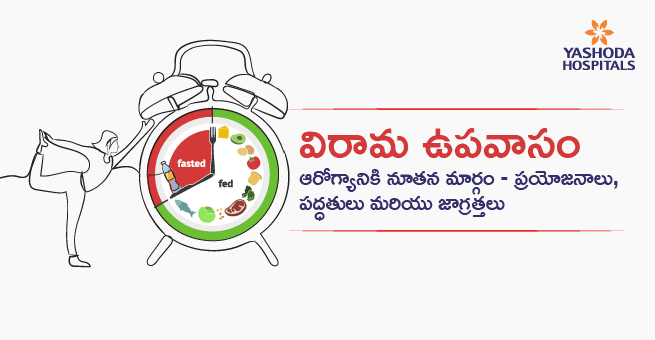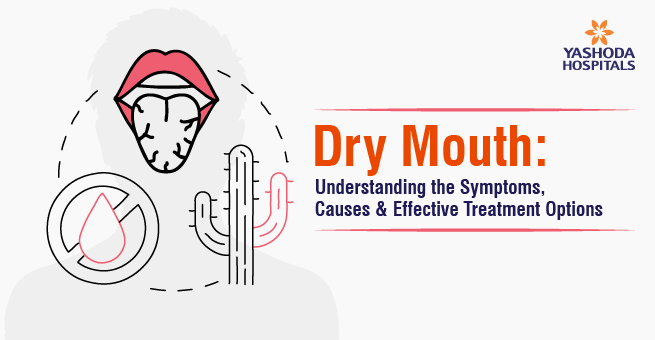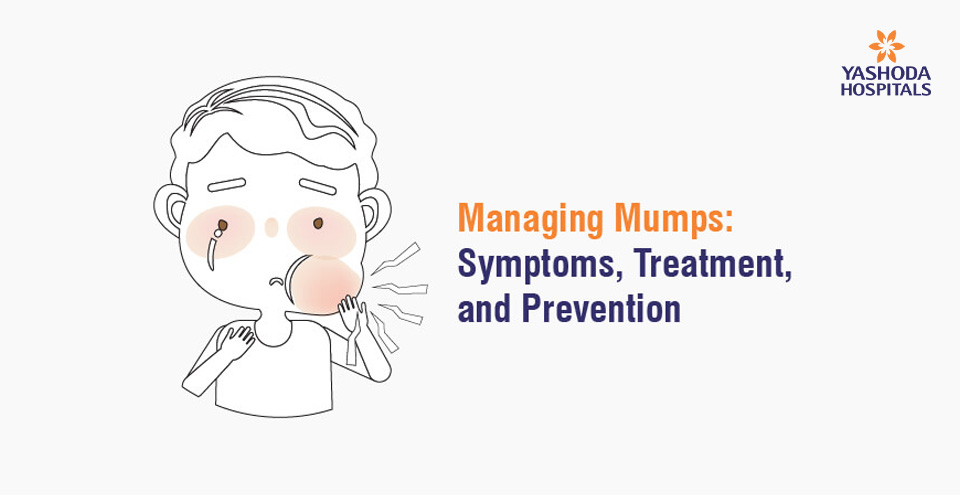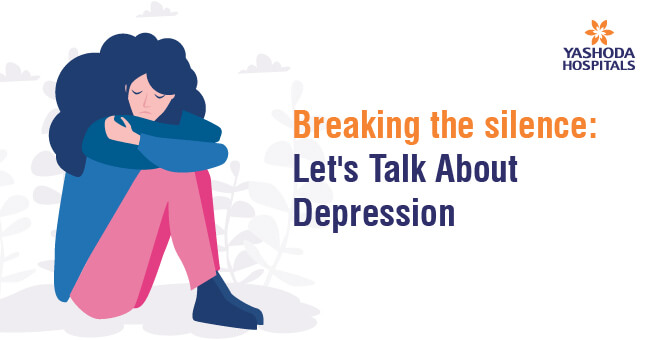The hemoglobin levels are very low in iron deficiency anemia

Iron deficiency anemia is a common type of anemia, a condition where the blood lacks healthy red blood cells. RBC or red blood cells carry oxygen to the body tissues. Anemia is due to insufficient iron in the red blood cells which fail to carry oxygen (hemoglobin) to the body’s tissues.
CAUSES
Iron helps in the production of hemoglobin, which gives red color to the RBCs and helps them to carry oxygenated blood throughout the body. Anemia may be due to lack of iron in the diet, or body’s inability to retain iron. Anemia may also occur when the loss of iron from the body is greater than the body’s ability to produce it. Anemia may occur due to several causes.
- Blood loss in women during menstruation leads to chronic anemic conditions
- Lack of iron in the diet leads to anemic condition
- Lack of ability to absorb iron, which is due to an intestinal disorder called celiac disease
- Iron deficiency as seen in pregnant women, when the demand for iron in the body is compounded due to growing fetus

SYMPTOMS
Anemia is marked by signs of extreme fatigue, shortness of breath, chest pain, dizziness and fast heartbeat, poor appetite, restless legs syndrome, brittle nails and infections, and pale skin. Self-medication is dangerous and may prove to be fatal. Taking iron tablets with no doctor’s advice may lead to liver failure and other complications.
RISK FACTORS & COMPLICATIONS
Women are greatly at the risk of anemia, as they suffer from blood loss during menstruation. Infants born prematurely and those who don’t get adequate breast milk are at risk of iron deficiency. Vegetarians are at risk of iron deficiency, so foods with adequate iron should be taken. Also, those who donate blood frequently also are low on hemoglobin. The complications of anemia can be severe and fatal. Lack of iron in the body may lead to heart problems (rapid or irregular heart beat), premature births in pregnant women, low birth weight babies, and delayed growth and development in children.
TESTS AND DIAGNOSIS
To confirm anemia in a patient, the doctor first advises for a blood test. In the blood test, the size of red blood cells and their color is checked. If the red blood cells are smaller and paler than normal, the iron deficiency anemia is confirmed. Next, the volume of RBCs in the blood is checked. The normal volume of RBCs is 40 to 50 percent in women and men.
Also, the level of hemoglobin in the blood is checked. Below normal level, hemoglobin indicates anemia. The presence of ferritin, a protein that stores iron in the body is checked for its volume. Lower ferritin levels mean less of iron in the body. Endoscopy, Colonoscopy and Ultrasound are also advised by the doctor to check for internal bleeding from throat to stomach, lower intestines, colon and rectum, and uterus.
TREATMENT
The doctor treats iron deficiency by prescribing iron supplements. Importantly, the correct dosage as prescribed by the doctor is vital for effective treatment. Certain precautions need to be followed while taking iron supplements, like taking iron with Vitamin C to enhance iron’s effectiveness, and not taking iron tablets on empty stomach or with antacids.
In some, iron tablets may cause constipation. Stool softeners are prescribed these people. The stool is black in those using iron supplements/tablets. Iron tablets and supplements are prescribed as per the patient’s health condition, so they should be taken as per the doctor’s advice and prescription only.




















 Appointment
Appointment WhatsApp
WhatsApp Call
Call More
More